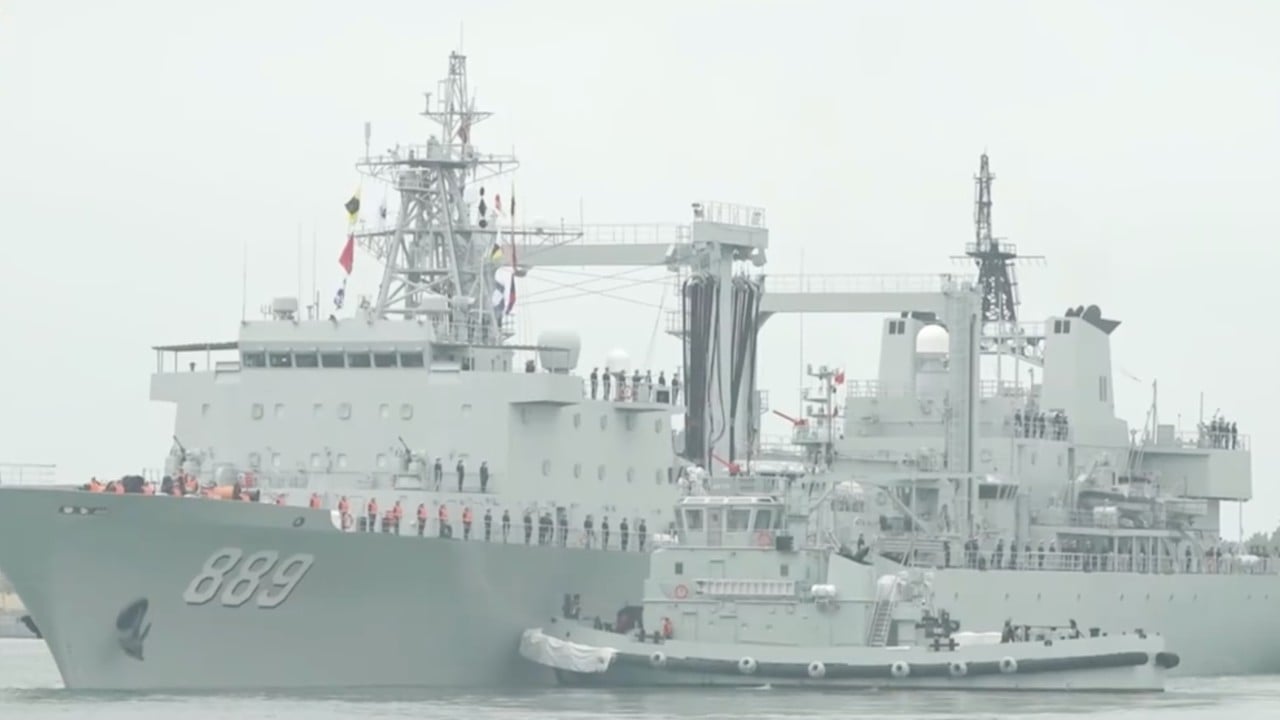A Chinese naval fleet including a guided-missile destroyer, missile frigate and comprehensive supply ship set sail earlier this month from a port in eastern Qingdao, heading to the Gulf of Aden and the
Somali waters.
The Chinese navy has been helping to protect commercial ships and countering Somali piracy since its first mission in the waters in 2008, when there were numerous attacks by Somali pirates.
Since 2013, however, there have been very
few Somali pirate attacks, and in some years none at all. Yet, the Chinese navy has continued to rotate task forces to the Gulf of Aden on a regular basis, maintaining a continuous, uninterrupted anti-piracy deployment – with this latest fleet being the 48th escort task group sent to the region.
The Chinese navy has also prolonged its stays, from four or five months to over 10 months in the previous two missions due to extended diplomatic port calls and heightened regional security concerns.
Experts said that looking back across China’s naval escort task groups from the first to the 48th, there was a clear “evolution in duration and sophistication”. In effect, China’s anti-piracy missions in the Gulf of Aden have evolved from a specific security response into a long-term strategic programme capable of transforming the Chinese navy into a modern maritime military force operating in global waters.
David Shinn, a China-Africa expert and professor at George Washington University’s Elliott School of International Affairs, said the task forces provided Beijing with a rationale to establish a
military base at Djibouti, which became operational in 2017.


